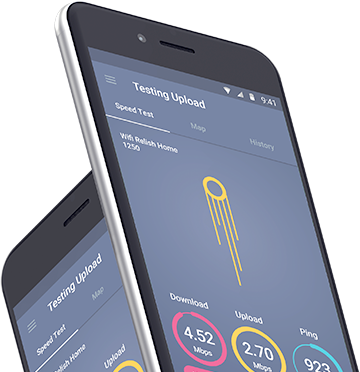Introduction
In the latest Opensignal report on mobile network experience in Brazil, we see Claro continue to win the most awards. The operator wins four awards outright, increasing its leads over second-placed competitors in all of these categories. TIM remains the sole winner of the 4G Availability award, while Vivo and Oi did not win any awards this time around.
Brazil's regulator Anatel utilised data from the previous report, drawing on Opensignal insights to inform its annual report on the state of mobile in Brazil.
Anatel has completed the long-awaited multi-band 5G spectrum auction in November 2021, selling 85% of available frequencies. The tender raised a total of BRL 47.2 billion ($8.5 billion) from operators’ bids for national licenses in the 700 MHz, 2.3 GHz, 3.5 GHz and 26 GHz bands — and for regional licenses in the 3.5 GHz band. As bidders did not purchase all blocks in the 26 GHz band — the government is considering organizing another spectrum tender to assign the unsold frequencies in this band.
All three national operators — Claro, Vivo and TIM — secured national spectrum licences, while also winning some regional concessions alongside with regional players like Algar or Sercomtel or several new entrants like Brisanet or Winity. Algar and Claro launched 5G services in December 2021, using their newly acquired 2.3 GHz frequencies — the 3.5GHz band will require cleaning for interference before 5G use. This new spectrum should help the operators to significantly improve the 5G experience in Brazil. With even more new spectrum capacity now being deployed for 5G usage, 5G will continue to raise the overall experience of users throughout 2022. For this report we have paused the Video Experience award while we refine the category to better reflect the impact of 5G and carriers’ 5G plans on mobile video streaming.
In November 2021, General Superintendence has approved the sale of Oi’s mobile unit to TIM, Vivo and Claro — spectrum, cell sites and customer base — provided the acquisitive parties adopt measures to mitigate competitive risks. The latter include spectrum rental agreements in municipalities with less than 100,000 inhabitants, roaming agreements with regional players and increased wholesale access for MVNOs. The governmental body negotiated the agreement with the operators involved in the sale. General Superintendence has passed the decision to the Administrative Council for Economic Defence (CADE) for review — which in October 2021 requested another 90 days to analyse the transaction. This means, Oi’s mobile unit sale is unlikely to be finalized until February 2022.
Our results in this report are based on measurements collected across all major mobile operators in Brazil – Claro, Oi, TIM and Vivo – over the period of 90 days between September 1 and November 29, 2021, to see how they fared. 5G measurements contributed to the overall scores.



